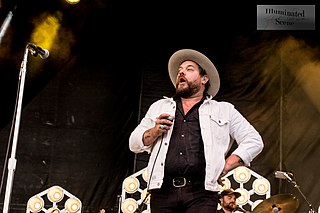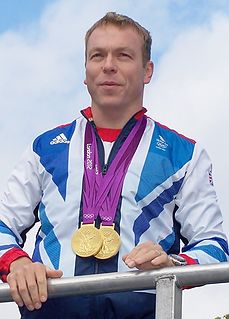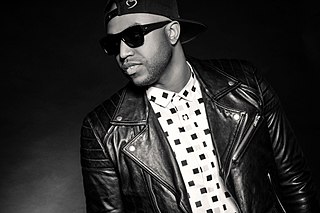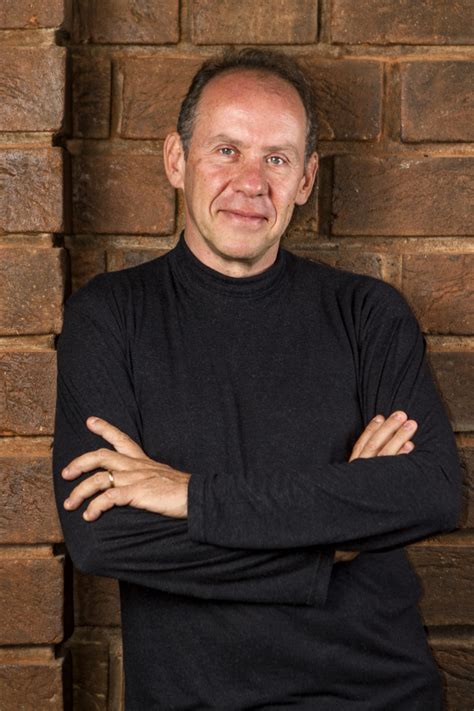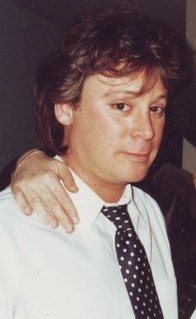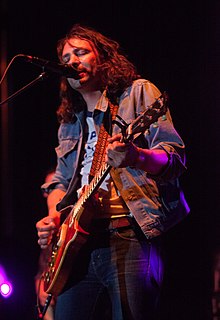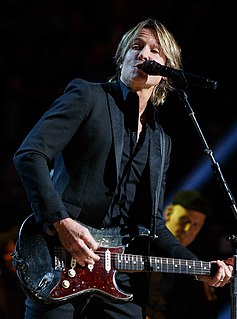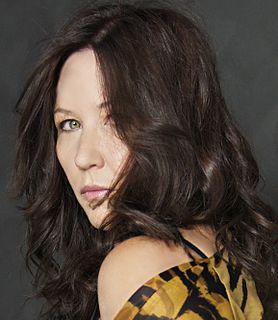A Quote by Synyster Gates
There are those people who try to change what you're doing. We don't like that. When we went into the studio for 'City of Evil,' we had 99 percent of the songs finished and ready to record.
Related Quotes
A lot of times, that's hard to capture: what you sound like in person versus what you sound like on record. If I had total control, I would do a lot of the old songs - not only my songs but Sam Cooke songs, Luther Vandross, melody songs. That's what I would really do if I had an opportunity to do a record.
It sounds so innocuous but the difference between 99 percent and 100 percent is huge. You can finish at 99 percent and you'll be hurting but if you push a tiny bit more - and that's the bit that makes the difference to your training - your legs just grind to a halt. It's like your engine is seizing up.
I kept saying I got sick of listening to people's productions, like people who had no ideas, no songs, nothing to say but could still con people's ears into thinking those songs were there by the application of production. I kind of wanted my record a little more honest than that: "Well, this is us. We put a microphone on it. Here it is."

